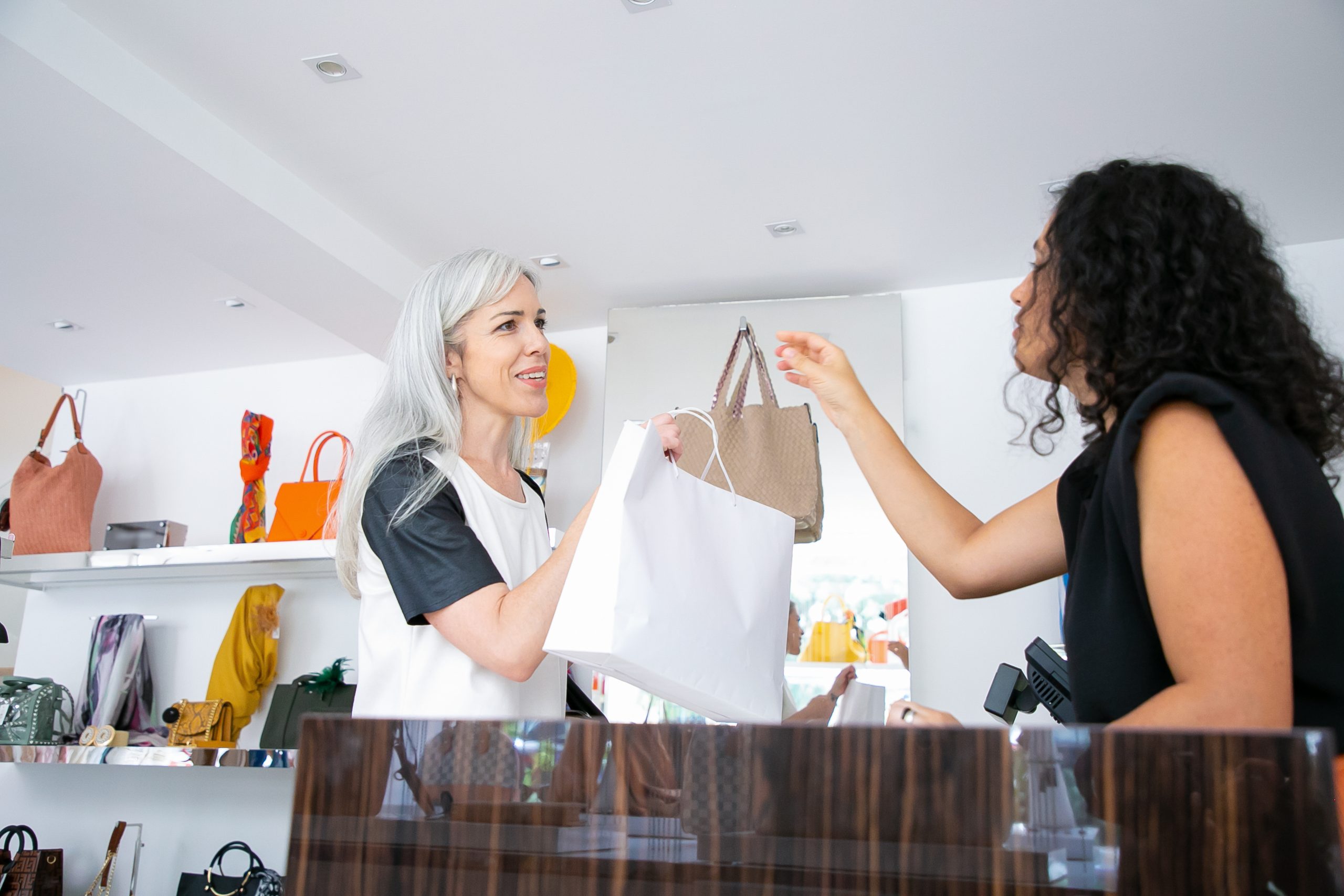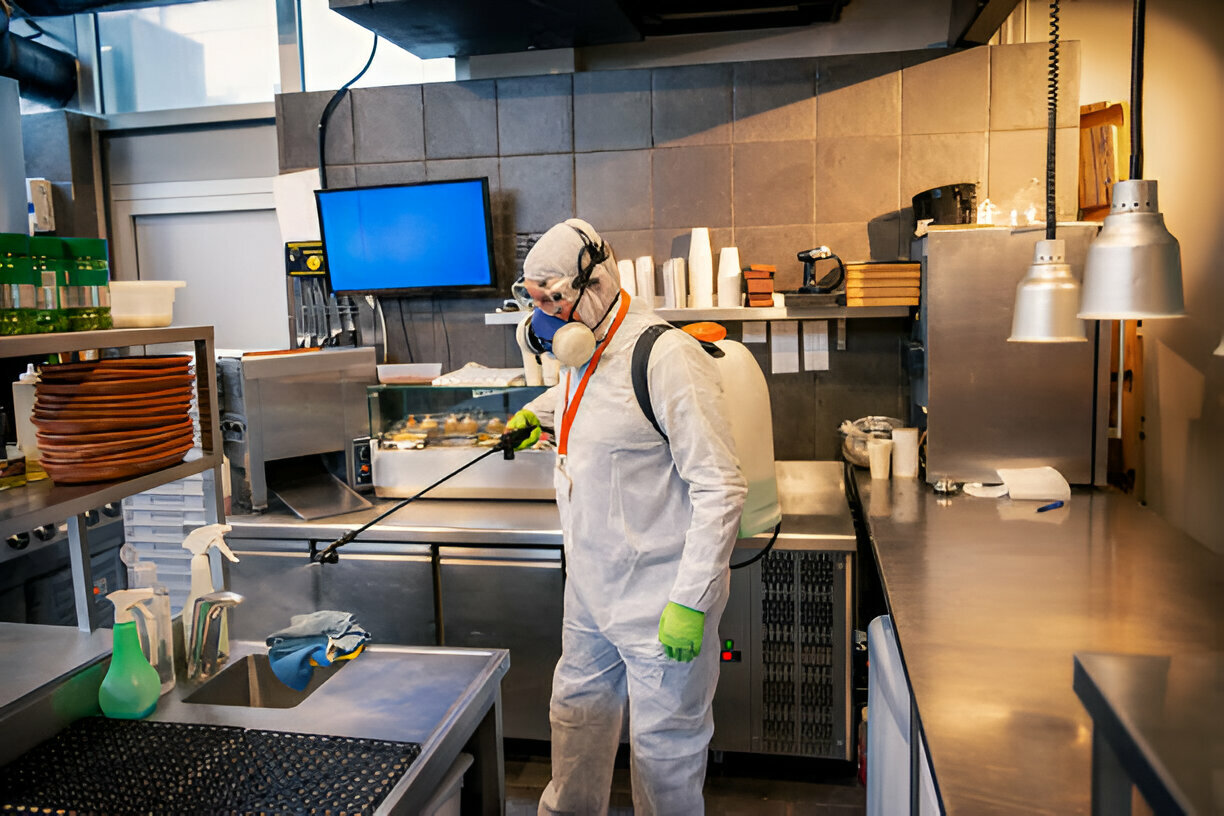If you have never worked in retail before, then something that you may not be aware of is a thing called upselling. On top of what you buy when you head to a store, a lot of retail workers are expected to get extra sales on top of this.
When you come to a counter in any store, it is likely that you have seen that there tend to be more products on the counter and around the line leading up to the counter. It is usually expected that customers will pick something up from this area when they wait and it is also expected that a retail worker encourages them to buy more from this area.
It can be quite annoying when workers try to get you to buy more on top of what you have already bought, but they cannot be blamed for this. Though they are not paid by commission, retail workers are often scalded when they are unable to upscale certain expected items.
In fact, it is not unheard of for most stores to have a display of how people are doing with sales and if a worker is not achieving the same additional sales as other workers, then they may have a meeting to discuss their work ethic.
Now that you know that retail workers will try and increase their sales, you may now start to pay a lot more attention to what they do to achieve this. Once again, you should not judge or blame a retail worker for doing this, as they are just doing their job. However, it will be fun to be able to recognize some of the behavior that some retail workers use to achieve more sales. Here are just some of the common ways that retail workers will try to get more money out of you.
The Will Assess Your Basket
When a retail worker is checking out your items, they have time to get a good idea of what you are buying and why you may be buying it. For example, if you are purchasing a lot of children’s toys for a boy, a worker may recognize that you are buying birthday gifts for a child and they remind you that you need to purchase a card or some tape and wrapping paper.
Something that you have to keep in mind is that workers check out hundreds of different people every day and they are more than familiar when it comes to recognizing and picking up on buyer’s patterns.
Honestly, more often than not, upselling can be very useful. We are all very guilty of forgetting things when we are shopping and when someone reminds us of what we may need, it can be very handy. For example, I can recall several times when I have bought a card on the way to a birthday party, only to forget that I need a pen in order to write the card out. Without the help and suggestions of the retail workers, there would have been many instances where I turned up to a party with nothing but an empty card.
Humour
Have you ever met a retail worker that seems far too chipper after working a long shift with a lot of ungrateful customers? Well, a big part of achieving more sales is having an approachable disposition and creating a great atmosphere for the customers to shop in.
When you get to the counter, the worker will want you to stay around for a bit longer to take a look at the items that are available to purchase around the counter. You may notice that a retail worker may tell you a joke to get you to stick around and when you think about leaving, they may hit you with some more dad jokes that will make you stick around for a bit longer.
During the time that you are at the checkout, you may notice that there are some items there that you want or need, which you may not have noticed if you were to rush out of the store. This usually results in more sales and it is a very common tactic used by trained retail professionals.
Organization of The Store
Something that retail workers are trained to know is the flow of a store and how it may influence the buyers that come into the store. Retail workers are assigned the job of paying attention to the actions of those that come into the store. They will pay attention to where customers are more likely to walk and what areas of the store get the most traffic.
They will then move the more expensive items to this part of the store, as it means that people are far more likely to pay attention to them.


